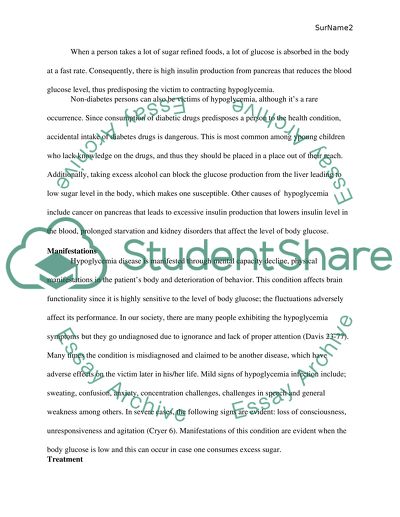Cite this document
(“Hypoglycemia Research Paper Example | Topics and Well Written Essays - 1000 words”, n.d.)
Retrieved from https://studentshare.org/health-sciences-medicine/1479040-hypoglycemia
Retrieved from https://studentshare.org/health-sciences-medicine/1479040-hypoglycemia
(Hypoglycemia Research Paper Example | Topics and Well Written Essays - 1000 Words)
https://studentshare.org/health-sciences-medicine/1479040-hypoglycemia.
https://studentshare.org/health-sciences-medicine/1479040-hypoglycemia.
“Hypoglycemia Research Paper Example | Topics and Well Written Essays - 1000 Words”, n.d. https://studentshare.org/health-sciences-medicine/1479040-hypoglycemia.


